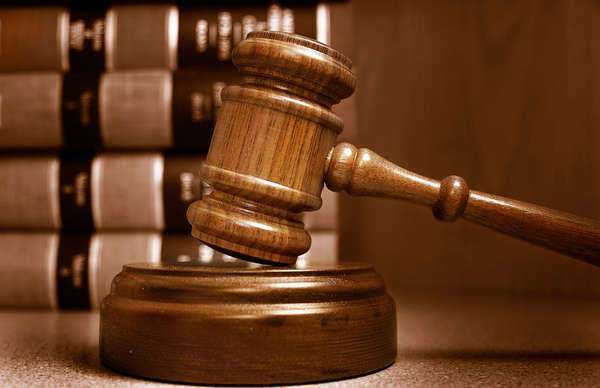South Carolina Expungement Laws
South Carolina expungement laws remove all expunged records from public access. This can protect people applying for employment, licenses, or permits from a past charge repeatedly coming back to affect their daily lives. Expunged records are considered to be sealed or obliterated. However, expunged records are not obliterated in total.
The court system that expunged the record will still have a record of doing so. Also, investigative agencies can gain access to South Carolina expungements for criminal investigation or criminal trial purposes. Any search performed by a member of the general public will not come across any evidence of an arrest, conviction, or dismissal of charges.
South Carolina Expungement with Dismissed Charges
Cases where charges against a defendant were dismissed or a not guilty verdict was reached with lead to the records being expunged. Once expunged, all agencies in possession of identifiable information obtained from the criminal record such as fingerprints, mugshots and other information must be obliterated. The court agrees to give these agencies three years to destroy their information to maintain records and statistical information regarding their completed work.

The information held by any agency regarding an expunged record must not make its way into public access. Any failure to destroy expunged records will place that person in contempt of court under South Carolina expungement laws.
South Carolina Expungement Intervention Program
Someone who seeks to have their record expunged and avoid criminal charges may have the opportunity to enter a pretrial intervention program. Upon successful completion of the program, the person is eligible to have their criminal record expunged. This will grant them the status they had before the charge. They will be legally protected if they choose to deny all involvement in the crime stated on the original record.
Someone who enters the intervention program but fails to meet its standards will be removed from the program. The expungement will be dissolved and the criminal trial will resume where it left off before the start of the intervention program.
South Carolina Expungement for First-Time Offenders
First-time offenders whose sentence is no more than thirty days in jail or a fine of $500 or both may apply for a South Carolina expugement. They may not apply to have their record expunged until three years after the date of conviction. They may not apply for expungement if:
The offense involved a motor vehicle.
The offense involved any violations of South Carolina's Title 50 marine protection laws.
The offense involved domestic violence. Some domestic violence cases may be expunged after five years have passed since conviction.